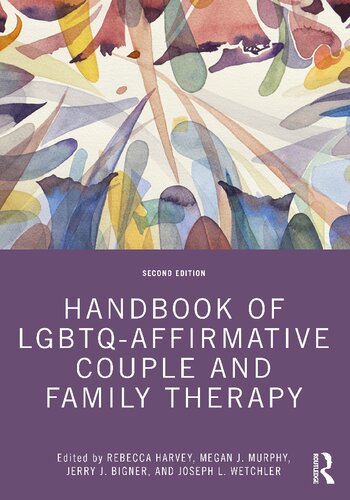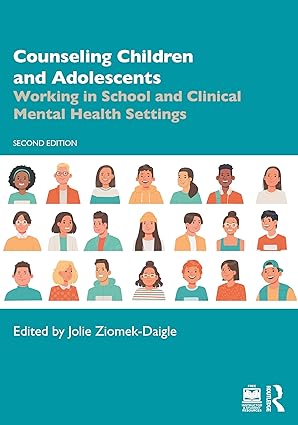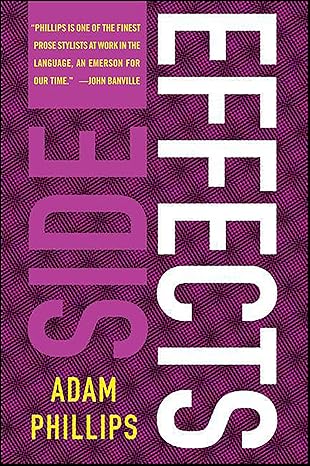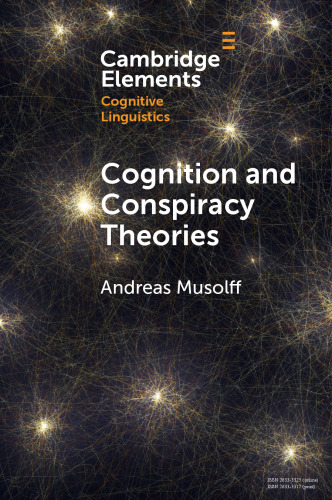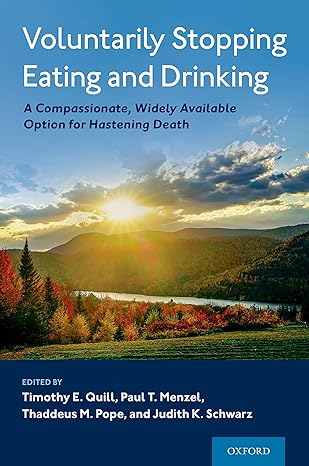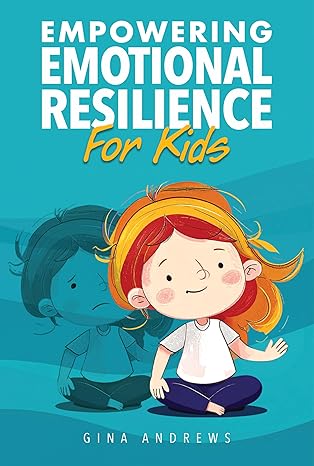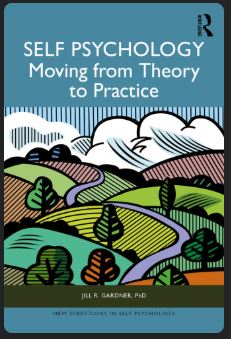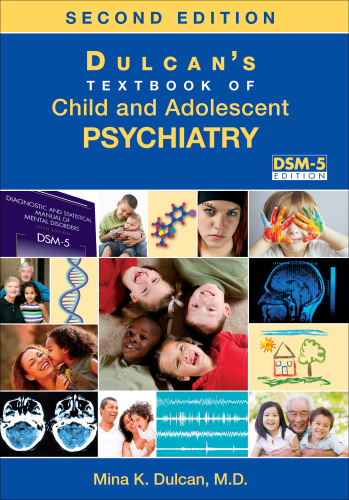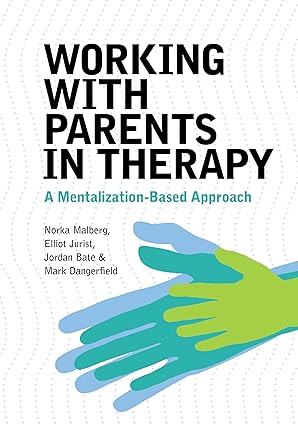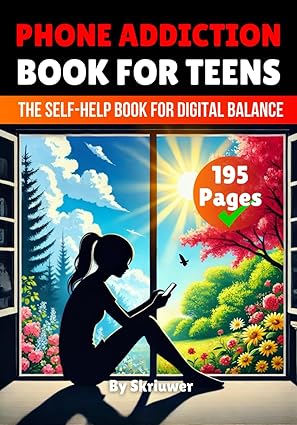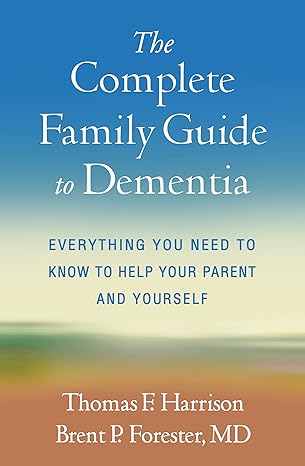As editors, we want to begin by acknowledging how truly groundbreaking the first edition of the Handbook was when it came out in 2012. With affirmative therapy still in its infancy the editors and contributing authors were truly leading the field and their work raised important and difficult questions. For example, including affirming couples interventions, and premarital or marriage preparation programs for LGBTQIA people in a time when same-sex marriage was not legal (at the federal level in the U.S.) and was highly politicized led to queries about the field’s assumptions about the nature of marriages, the legitimacy of LGBTQIA couples and families, and the impact of widespread stigma on their relationships. In a similar vein, it took integrity and courage to include a chapter on domestic violence knowing that to acknowledge violence which occurs in some LGBTQIA relationships could provide fuel to anti-LGBTQIA efforts. In short, the Handbook was a proclamation of the relevance, importance, and complexity of LGBTQIA people and relationships. And many of us marriage and family therapists, supervi- sors, faculty, and students owned and referred often to this volume over the years. When we began this project, we knew that a 2nd edition of the Handbook was necessary— even imperative—given the rapid changes experienced in the field and in U.S. culture as a whole. Affirmative therapy is evolving in a time when the dichotomies of the past—dichotomies upon which much of society has been founded and organized—are being called to question. The gender binary, while certainly entrenched, is becoming (especially among young people) a gender spectrum where many different ways of being are possible. This turns a discussion of sexual orientation on its head, complicating notions of being “oriented” to one or both of two possible genders into considerations of ways to be oriented to many (or few or even no) genders. No longer constrained by thinking of gender as an either/or prospect allows for a more expansive understandings of what a gender transition might entail and substantially broadens participation. For who among us is not transitioning in some way, shape, or form in our own identity project? The intersectional nature of oppression has been firmly established by Black and Brown intel- lectuals and scholars. As James Baldwin (1985) gracefully and provocatively points out, the ide- alized cultural stories we tell about race, sexuality, and gender are inevitably and completely bound together, laced through with violence and oppression. Baldwin (1985) writes of the U.S.: All countries or groups make of their trials a legend or, as in the case of Europe, a dubious romance called “history.” But no other country has ever made so successful and glamor- ous a romance out of genocide and slavery; therefore, perhaps the word I am searching for is not idea but ideal. The American ideal, then, of sexuality appears to be rooted in the American ideal of masculinity. This ideal has created cowboys and Indians, good guys and bad guys, punks and studs, tough guys and softies, butch and faggot, black and white. It is an ideal so para- lytically infantile that it is virtually forbidden—as an unpatriotic act—that the American boy evolve into the complexity of manhood.
چکیده فارسی
بهعنوان ویراستار، میخواهیم با اذعان به اینکه نسخه اول کتاب راهنما در سال 2012 منتشر شد، تا چه حد پیشگامانه بود، شروع کنیم. با درمان تأییدی که هنوز در مراحل اولیه است، ویراستاران و نویسندگان مشارکت کننده واقعاً در این زمینه پیشرو بودند و کارشان بالا رفته است. سوالات مهم و دشوار به عنوان مثال، از جمله تأیید مداخلات زوجین، و برنامه های آماده سازی قبل از ازدواج یا ازدواج برای افراد LGBTQIA در زمانی که ازدواج همجنس گرایان قانونی (در سطح فدرال در ایالات متحده) و به شدت سیاسی شده بود، منجر به سؤالاتی در مورد فرضیات این رشته در مورد ماهیت ازدواجها، مشروعیت زوجها و خانوادههای LGBTQIA و تأثیر انگ گسترده بر روابط آنها. در همین راستا، گنجاندن فصلی در مورد خشونت خانگی نیاز به صداقت و شجاعت داشت، با دانستن این که اذعان به خشونتی که در برخی از روابط LGBTQIA رخ میدهد میتواند به تلاشهای ضد LGBTQIA کمک کند. به طور خلاصه، کتاب راهنمای ارتباط، اهمیت و پیچیدگی افراد و روابط LGBTQIA بود. و بسیاری از ما درمانگران ازدواج و خانواده، سرپرستان، اساتید و دانشجویان این جلد را در طول سالیان در اختیار داشتیم و اغلب به آن مراجعه می کردیم. وقتی این پروژه را شروع کردیم، میدانستیم که با توجه به تغییرات سریعی که در این زمینه و در کل فرهنگ ایالات متحده تجربه میشود، چاپ دوم کتاب راهنما - حتی ضروری - ضروری است. درمان تاییدی در زمانی در حال تکامل است که دوگانگیهای گذشته - دوگانگیهایی که بیشتر جامعه بر اساس آنها بنا و سازماندهی شدهاند - زیر سوال رفته است. باینری جنسیتی، اگرچه مسلماً ریشهدار است، (بهویژه در میان جوانان) در حال تبدیل شدن به یک طیف جنسیتی است که در آن راههای مختلفی برای بودن امکانپذیر است. این موضوع بحث گرایش جنسی را در سر خود تبدیل میکند، و مفاهیم «گرایش» به یک یا هر دو جنسیت ممکن را به روشهایی برای گرایش به بسیاری از جنسیتها (یا تعداد کمی یا حتی بدون) پیچیده میکند. دیگر با اندیشیدن به جنسیت بهعنوان یک یا یا چشمانداز محدود نمیشود، به درک گستردهتری از آنچه که انتقال جنسیتی ممکن است مستلزم آن باشد، اجازه میدهد و مشارکت را به طور قابلتوجهی گسترش میدهد. زیرا کدام یک از ما در پروژه هویتی خود به نوعی، شکل یا شکلی در حال گذار نیست؟ ماهیت متقاطع ستم توسط روشنفکران و دانشمندان سیاه پوست و قهوه ای ثابت شده است. همانطور که جیمز بالدوین (1985) به زیبایی و تحریک آمیز اشاره می کند، داستان های فرهنگی ایده آل شده ای که در مورد نژاد، جنسیت و جنسیت می گوییم ناگزیر و کاملاً به یکدیگر پیوند خورده اند و با خشونت و ستم همراه شده اند. بالدوین (1985) در مورد ایالات متحده می نویسد: همه کشورها یا گروه ها از محاکمه های خود یک افسانه یا مانند اروپا، عاشقانه مشکوکی به نام "تاریخ" می سازند. اما هیچ کشور دیگری هرگز از نسل کشی و بردگی به این اندازه موفق و پر زرق و برق عاشقانه نساخته است. بنابراین، شاید کلمه ای که من در جستجوی آن هستم ایده نباشد بلکه ایده آل باشد. بنابراین، به نظر می رسد که آرمان آمریکایی جنسیت ریشه در آرمان آمریکایی مردانگی دارد. این ایدهآل گاوچران و هندیها، آدمهای خوب و بد، پانکها و ناودانیها، آدمهای سرسخت و نرمافزار، بوچ و فاگوت، سیاه و سفید را خلق کرده است. این یک ایدهآل است که به قدری کودکی فلجکننده است که عملاً ممنوع است - به عنوان یک عمل غیر وطنپرستانه - که پسر آمریکایی به پیچیدگی مردانگی تبدیل شود.
ادامه ...
بستن ...
Author(s): Rebecca G. Harvey (editor), Megan J. Murphy (editor), Jerry J. Bigner (editor), Joseph L. Wetchler (editor)
Publisher: Routledge, Year: 2021
ISBN: 0367206560,9780367206567
ادامه ...
بستن ...
